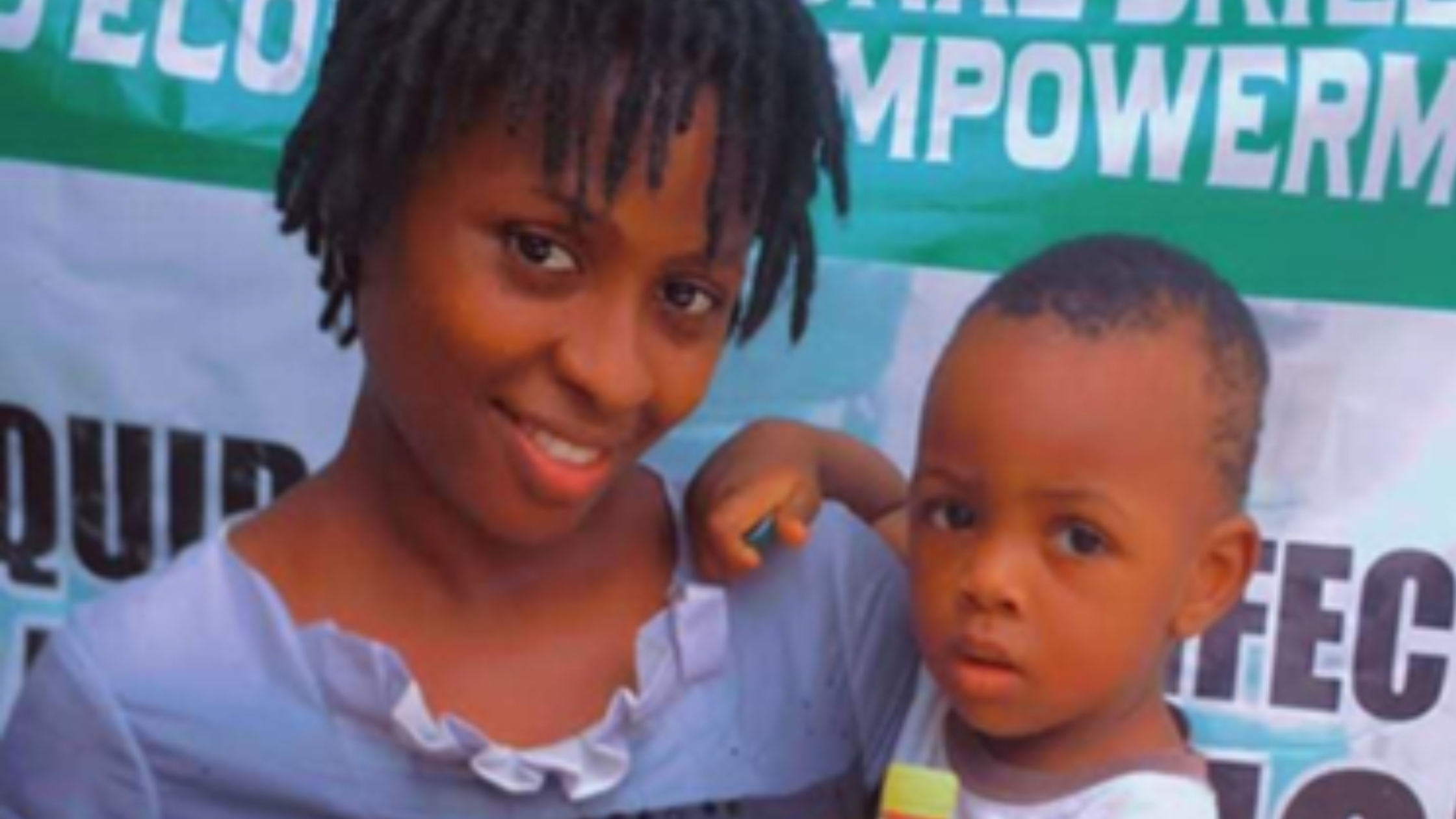Nigeria: Skills training program helps women become more financially independent
Story

In Cross River State, Nigeria, women’s opportunities are often limited due to tradition and custom. Once a girl gets pregnant, she can’t go back to school and gain the skills needed to support herself. Women expected to rely on their husbands for income, which leaves them vulnerable to violence and poverty.
In fact, about 65 percent of women in the region have reported suffering physical violence since age 15. And 20 percent have experienced sexual and gender-based violence (SGBV).
Ugochi, a 28-year-old mother with a toddler, lives in one of the slum areas considered an underserved community in Calabar, Cross River State. She was financially dependent on her husband and other relations. Although she graduated from the University of Calabar, she was unable to get a job.
“I needed to get back my self-esteem. I was depressed because there was so much financial pressure on my husband and here I was, an educated woman, but I could not support my family,” she said.
That’s when Ugochi joined Gender and Development Action (GADA)’s Vocational Skills Acquisition and Economic Empowerment for 15 Out-of-School Girls and Women Survivors of Gender-Based Violence project. The Cuso International partner initiative helps women become more financially independent, which contributes to their own well-being, their families’, and the community at large.
Ugochi learned liquid soap and disinfectant production. Other areas of skills training for participants included hairdressing, and make-up and gele tying. Participants also received starter kits and connected with professionals for additional business skills training and mentorship.
“My best moment was when I was given the starter pack. That wowed me. My case went beyond learning a skill, I did not even have the finances to even start and put my new skill to use,” said Ugochi. “The starter pack provided a ladder for me to rise to where I wanted to be.”
Ugochi’s now sells her products to laundry shops, restaurants, and people who buy her products for industrial and personal use.
Since participating in the program, Ugochi says her life has changed. She is no longer financially dependent on the people around her. Her mental health has also improved, and she feels her self-esteem has been restored.
Now, she is busy thinking about how to improve her products, how to reach more people, and how to make more sales.
“I now see myself as a valuable member of society,” she said.
Help support more women like Ugochi achieve their dreams. Donate today.